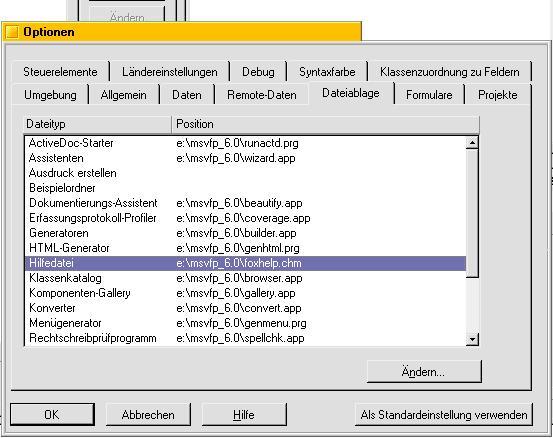You don't find manuals, because the helpfiles are a library of books and a full reference on their own, AFAIR the chm was a separate install in VS 98/6.
Just googled a bit, yes: The MSDN LIbrary CD that came with Visual Studio 6 included VFP help on top of the MSDN Library of all VS languages help and more.
If you only installed VS you'd have no F1 help, though.
The help of VFP9 has not grown very much in comparison to VFP6 and so it's size should be a good measure of what you have at hand in VS98, too. It has several thousand pages and a reference of each class/object, method/property, command and function plus a few best practices and walkhroughs. Hentzenwerke Books are covering more topics and extend that reference in things like Office automation and framework designing.
I would suggest upgrading to version 9, if you want to stay VFP, though, as even with SP5 VFP6 is a very buggy version of VFP. I liked VFP7 and 9 much better, our company skipped 8, though. Anyway all newer versions are better than 6 without looking at new features, simply in the aspect of stability.
Another obvious way is to go Web/Cloud and don't stay Fox at all. In my eys PHP/MySQL is a combination better fitting VFP as migration path than dotNET+MSSQL. You have to adapt to client/server programming in both cases and PHP has the disadvantage of not offering Windows Forms as frontend part, but you have the same strong coupling of programming language and database plus OOP mixed with procedural/scripting programming. I don't think of it as bad in any case, I'm not the purist you may think I am, but OOP helps organising things for easier and centralised maintainance while procedural style programming helps providing some very general purpose functions without fitting them into complicated OOP models, plugins or extension methods. DotNet has a steep learning curve and no dirty ways, the only advantage is you can stay Winforms. It differs from VFP forms anyway. But @get/@say works different than VFP controls, too, there's a mismatch anyway and that is a strong reason to go to a place being actively developed as either Java, DotNet or the Web world are.
Bye, Olaf.


![[pipe] [pipe] [pipe]](/data/assets/smilies/pipe.gif)